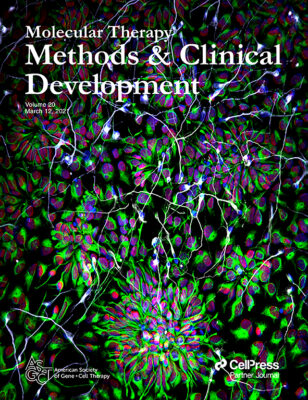CRISPR-Cas9 gene editing of hepatitis B virus in chronically infected humanized mice

Hepatitis B leads to over 850,000 deaths annually due to complications from chronic infection including cirrhosis and hepatocellular carcinoma. While antiviral drugs successfully reduce viral loads in patients, a cure does not yet exist. This study out of the Jerome laboratory at the Fred Hutchinson Cancer Research Center performed in vivo gene editing utilizing a mouse model for chronic HBV infections and demonstrated a proof-of-concept of safe and effective gene editing of the genomic form responsible for replication and persistence. This study utilized the HALO Link image management platform in conjunction with image acquisition on a Leica Biosystems Aperio VERSA 200 slide scanner for their RNAscope studies of Cas9 and HBV.
Stone D, Long KR, Loprieno MA, De Silva Feelixge HS, Kenkel EJ, Liley, RM, Rapp S, Roychoudhury P, Nguyen T, Stensland L, Cólon-Thillet R, Klouser LM, Weber ND, Le C, Wagoner J, Goecker EA, Li AZ, Eichholz K, Corey L, Tyrrell DL, Greninger AL, Huang ML, Polyak SJ, Aubert M, Sagartz JE, Jerome KR
Molecular Therapy Methods & Clinical Development| First published 12 March 2021| DOI https://doi.org/10.1016/j.omtm.2020.11.014